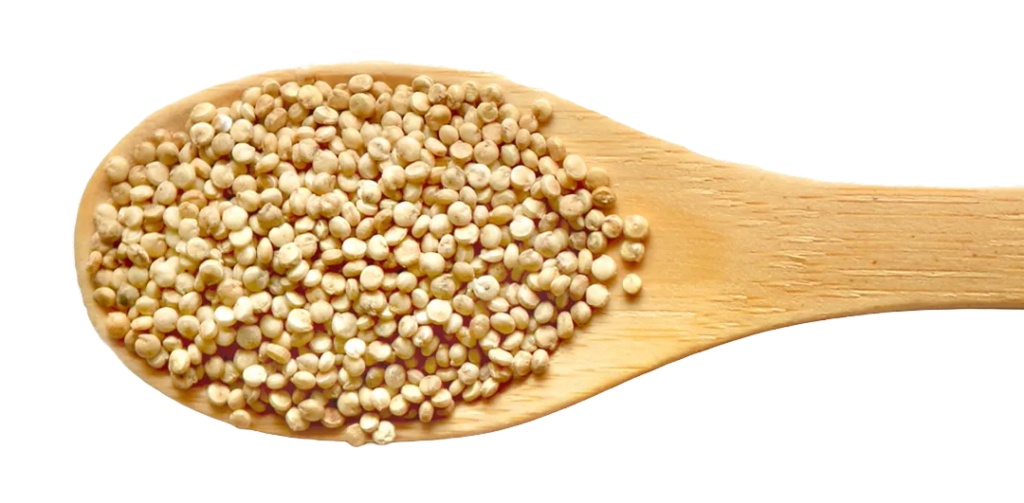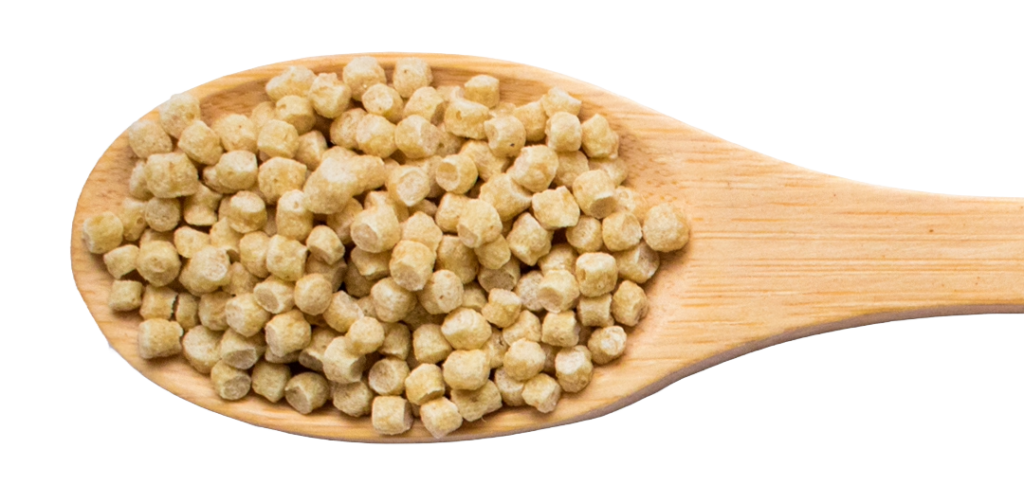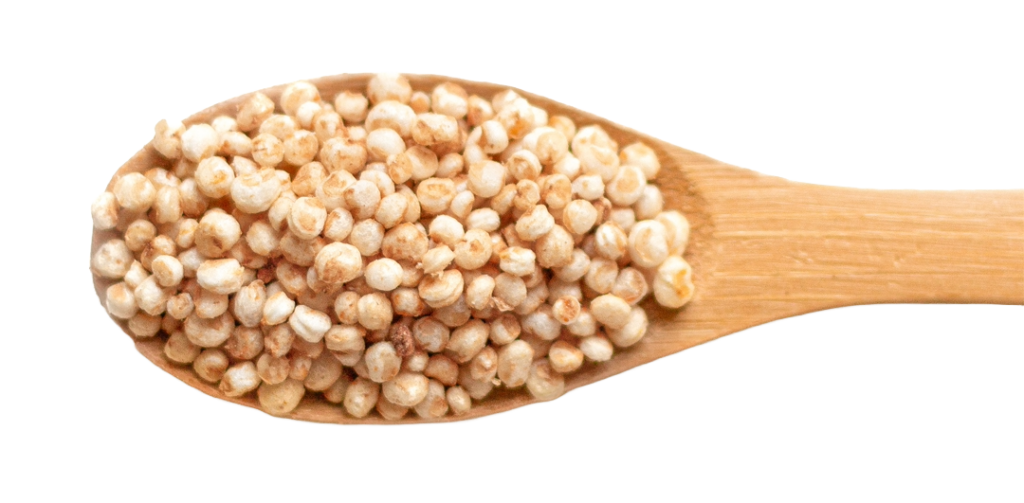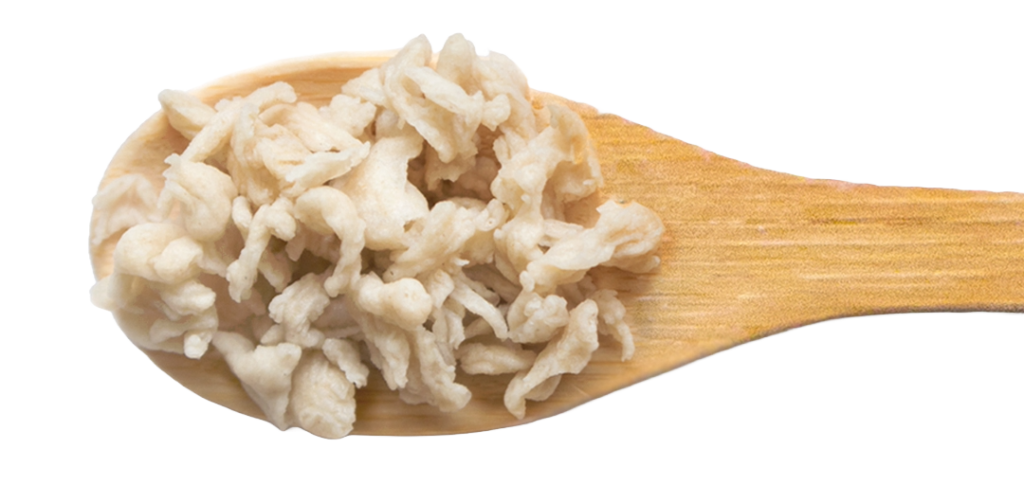Zoeken
The specialist in quinoa ingredients
Locally grown
We grow quinoa locally in the Netherlands and Belgium with new low-saponin quinoa varieties.
High quality
Our quinoa is free from all EU-14 allergens (incl. gluten), additives, preservatives and GMOs, and has a GFSI certified quality.
Sustainable
Our local and eco-friendly cultivation and processing enable us to have a low CO₂-eq footprint.

Products
Discover our wide range of quinoa ingredients

Ramon Cijffers
Supply Chain Manager
Quality
High quality quinoa ingredients


Locally Grown
We grow our quinoa in the Netherlands and Belgium
We grow quinoa locally with new low-saponin varieties. These varieties are adapted to the local climate and have been developed by Wageningen University & Research. Quinoa gives our local growers a new crop alternative, fortifying their livelihood security.
Our growers do their best to grow the quinoa as sustainably as possible by, for example, not using pesticides (for both conventional and organic quinoa) and focusing on regenerative and nature-inclusive agriculture.
Applications
Our quinoa can be used in a wide range of applications
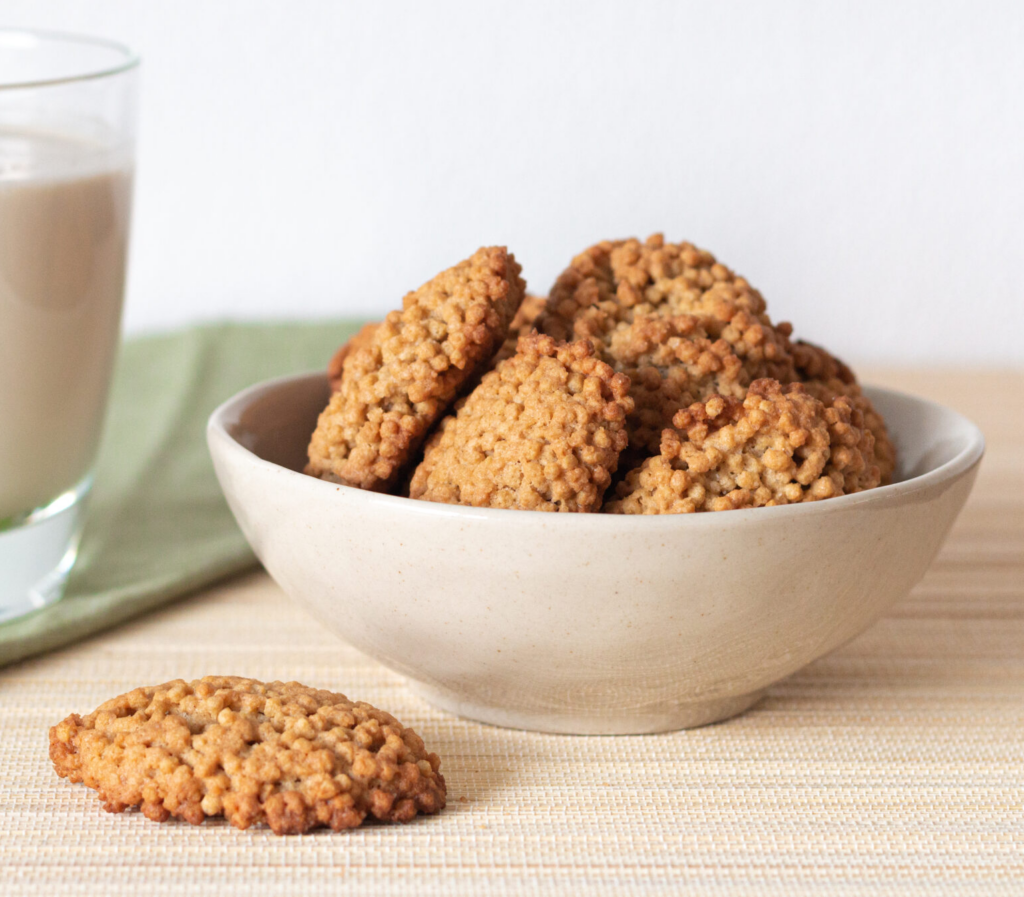
Baby food
Our quinoa is an excellent choice for baby food, as it meets the highest baby food requirements. We offer baby-food-quality quinoa seeds and toasted quinoa flour.

Bakery & Confectionary
Our high-quality quinoa ingredients, especially our versatile toasted quinoa flour, are perfect for enhancing bakery and confectionery products.

Meals
Quinoa can be used in a wide range of meals, from breakfast to dinner. Quinoa easily adapts to both savoury and sweet recipes, making it a valuable addition to any meal.
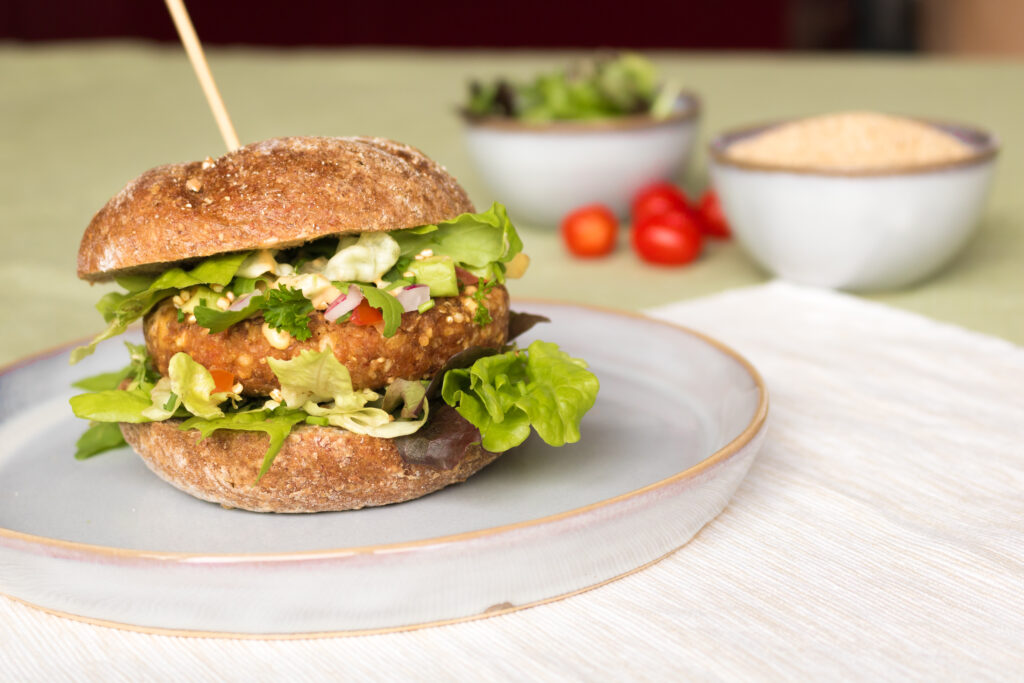
Meat Replacers
Quinoa is increasingly being used in meat substitutes. Its high-quality protein content and unique texture make it an ideal ingredient for creating different types of plant-based alternatives.
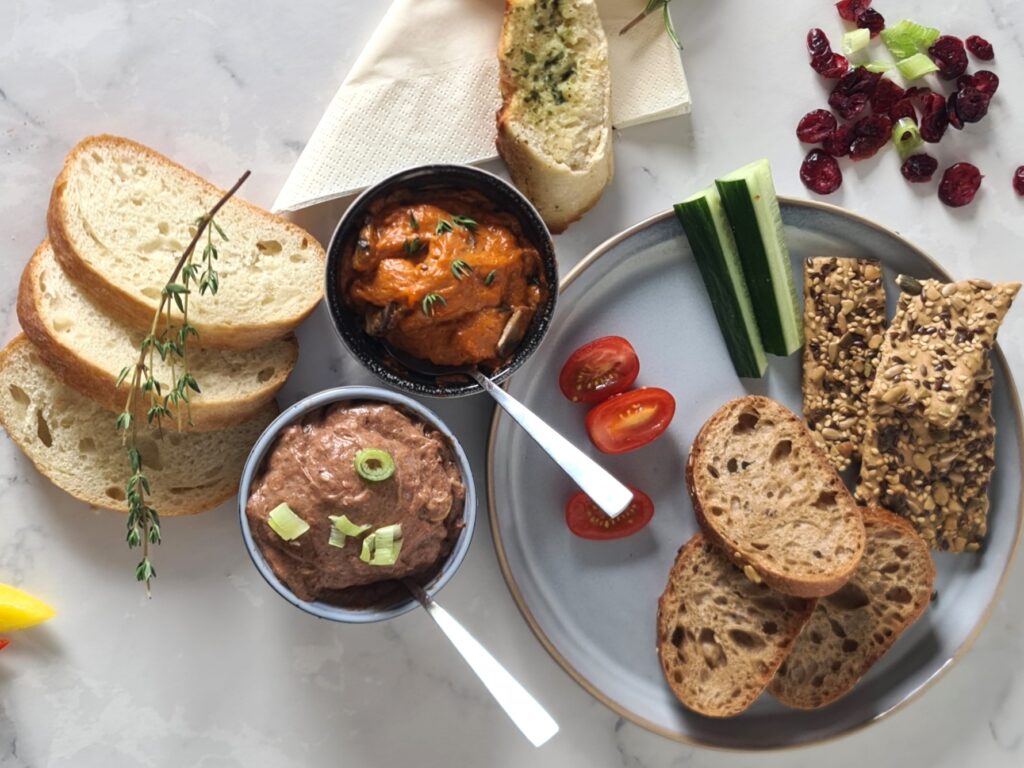
Sauces & Spreads
Quinoa blends seamlessly with various ingredients, making it a perfect component to create delicious and healthy sauces and spreads with.
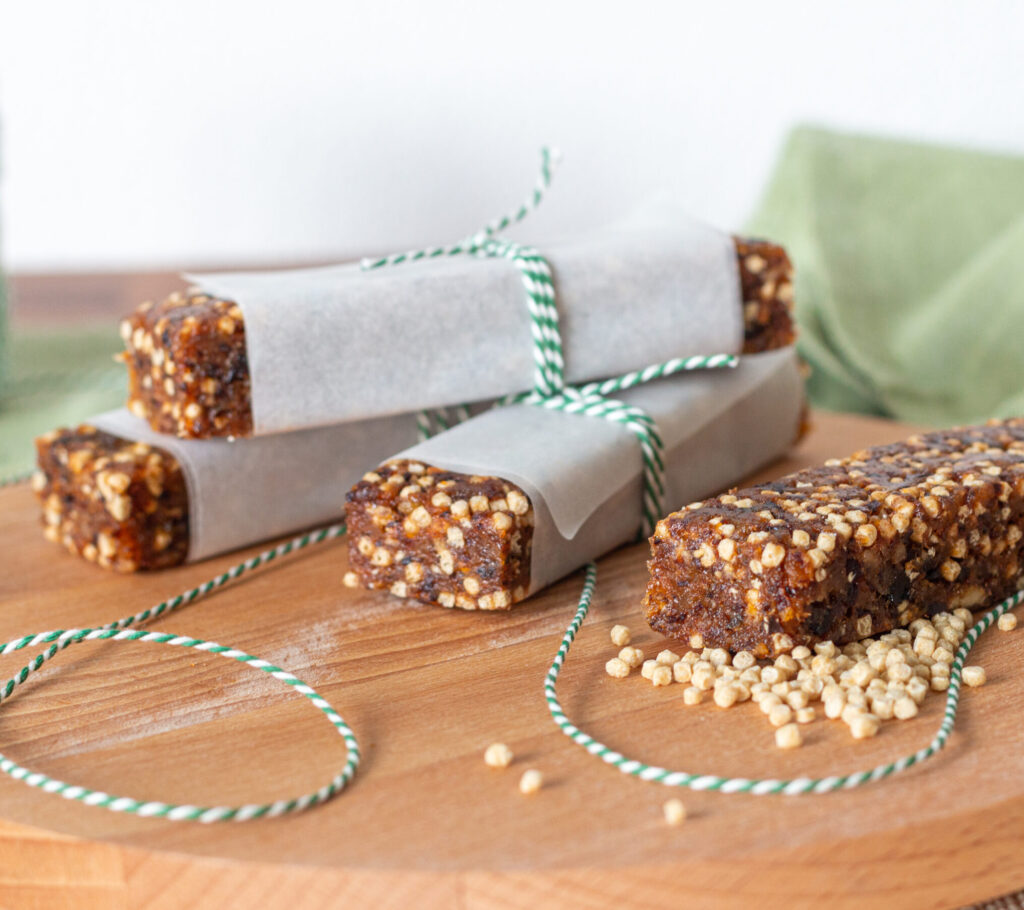
Sports Nutrition
Quinoa is a top choice for sports nutrition due to its high-quality protein, essential nutrients and low glycaemic index, boosting athletic performance.

Linda de Koning
R&D Manager
Sustainability
Our quinoa has a low CO2-equivalent footprint
The new quinoa varieties we use have a very low saponin content (a bitter substance). This means we can skip the traditional high energy-consuming saponin-removal steps such as polishing, washing and drying. This means our quinoa is whole grain.
Moreover, all our quinoa is grown without pesticides and our growers focus on regenerative agriculture. By cultivating our quinoa close to our processing facilities, we significantly reduce transport distances. Furthermore, we are increasingly incorporating solar energy to dry and process the quinoa. As a result, our quinoa has a low CO2-eq footprint.


